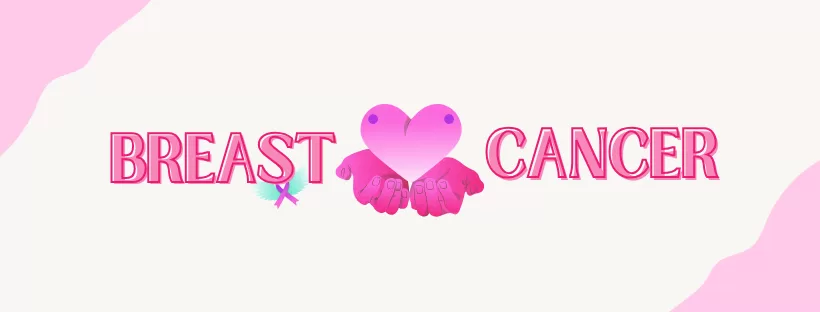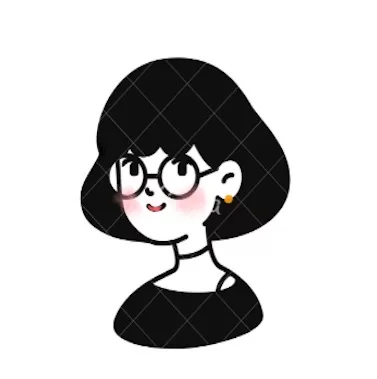
Breast Cancer in Your 30s and 40s: What Every Woman Should Know – Maegami in risk
Why Every Woman—Especially in Her 30s and 40s—Should Learn About Breast Cancer Risk
After moving to New York, I was shocked to learn that at least three Japanese women I knew had passed away from breast cancer. These were not elderly women—they were in their 30s and 40s, just like me. It made me realize that breast cancer isn’t something far off in the future. It’s happening now, and it’s affecting younger women more and more.
I definitely feel that lifestyle changes—especially after relocating to the U.S.—may be contributing to the risk. Compared to Japan, there’s much easier access to red meat, processed foods, and sugary drinks. The American food culture, combined with a more sedentary lifestyle, can negatively affect our overall health and possibly increase the risk of diseases like breast cancer. It’s something I can’t ignore anymore.
Maegami possibly ..
Recently, I found myself facing my own health concern. Two years ago, my doctor discovered a tiny shadow in my breast. Although she believes it’s likely just a benign fibrous growth, I have dense breast tissue—a known risk factor for breast cancer. We’ve been monitoring it closely ever since. So far, the size hasn’t changed, so we’ll continue to keep an eye on it. If anything does develop, I remain optimistic. If it needs to be removed, we’ll just take care of it.
Time to learn it
This experience pushed me to educate myself. I began reading Breasts: The Owner’s Manual: Every Woman’s Guide to Reducing Cancer Risk, Making Treatment Choices, and Optimizing Outcomes by Dr. Kristi Funk. This book is a must-read for every woman who wants to take control of her breast health. Dr. Funk, a renowned breast cancer surgeon, shares evidence-based tips on prevention, early detection, and lifestyle changes that can truly reduce your risk. The book isn’t boring at all. It’s full of jokes and written in a fun, easy-to-read way.
You can still get breast cancer even if you don’t have a family history.
If you’re in your 30s or 40s—especially if you have dense breasts—I strongly recommend learning about the risk factors and proactive steps you can take to protect your health. The book even explains lesser-known factors, like how being tall can increase your risk. Don’t wait for a scare to start paying attention—your future self will thank you.

Make sure to check every month ladies!